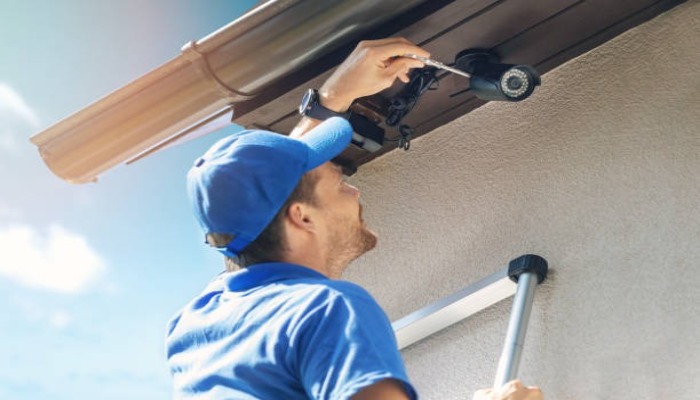Building permits are required in most construction projects—that we know. You also need permits if you wish to make improvements to your property.
With all the required documents and fees, it seems like you cannot make a move without first seeking approval from the city where your property lies. Most people begin to wonder whether there are home improvements they can do without a permit in Texas.
Surprise, surprise! There are some projects where permits are not necessary. That does not mean, however, that you have free rein on the type of construction you can do. Whether it’s a poured cement project or a metal carport project, you need to comply with the standard building codes and other ordinances in the city you are in.
Exemptions

Here is the work exemption for residential buildings.
- A fence that stands 8 feet high or below is exempted unless the property is in a flood-prone area.
- For a one-story accessory detachment to be exempt, it should be at most 15 feet in height, 200 square feet or below of floor area, not to be used as a living space, without plumbing, and is not in a hazard area.
- For retaining walls, it should not be more than 4 feet in height unless it is within a flood-prone area or supporting a surcharge.
- A driveway or a sidewalk does not need a permit unless it is located in a public right of way.
- Playground equipment is exempt.
- Painting works, carpeting, cabinets, tiling, and countertops do not need permits.
7. Installing or replacing an overhead garage door in the garage is exempt.
- Foundation repair, as long as it does not exceed 64 sq. ft., does not need a permit.
- Roof decking that is 64 sq. ft. or below is exempt.
- Sliding doors should not be more than 64 sq. ft. to be exempted.
11. If you need to repair your floor decking, you would not have to worry about securing permits as long as it does not exceed 64 sq. ft.
- Replacing existing asphalt shingles with the same is exempt.
- Building officials in your area may determine other works that may or may not need permits.
Conclusion
When starting a building project, the most important thing is to ask your building officials if your proposed construction work needs a permit. This ensures your work runs smoothly without the worry of being fined hovering over your mind.
